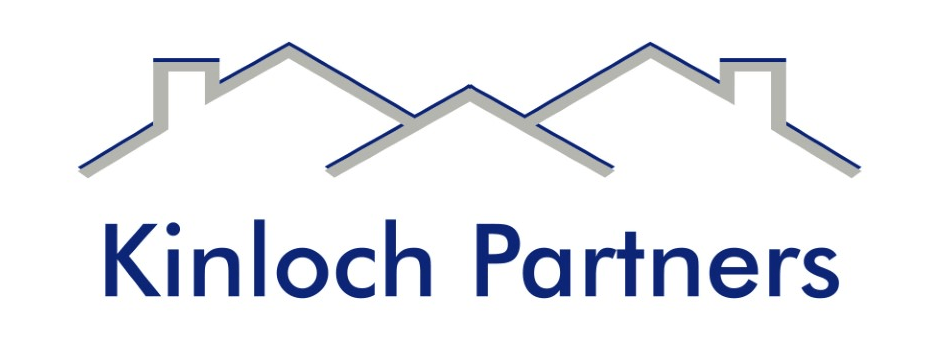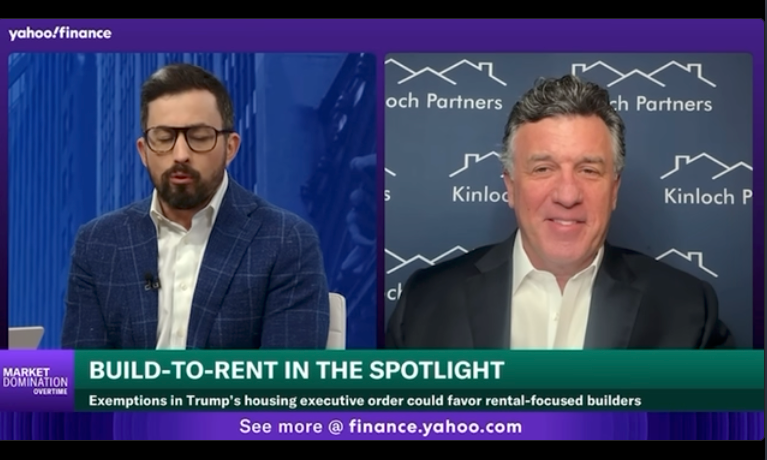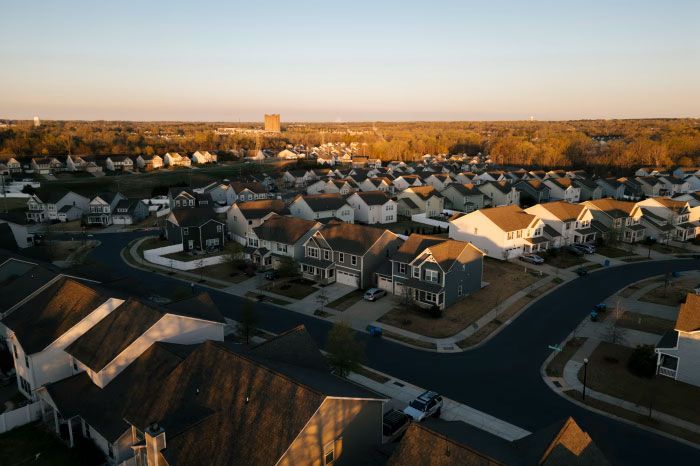The million-dollar question
Corporations are gobbling up Nashville homes and building new ones. What does it mean for the local housing market?
Sep 18, 2021
Buying a house in Nashville is not easy right now.
Those circumstances are not confined to Middle Tennessee, and they cannot be blamed on any one thing. Lumber and other supply materials costs have skyrocketed in the past year and a half, in part because of supply-chain logjams. New construction has both slowed and become more expensive due to those factors and a labor crunch. Compounding forces have created a situation where homes are snatched up hours after they come on the market and owners who would otherwise be looking to sell are holding off for fear that they won’t be able to find somewhere else to live.
But a relatively new phenomenon — especially in Nashville and other similarly hot markets in the Southeast and Southwest — also is contributing to the crunch. Corporations such as American Homes 4 Rent, many of them founded in the wake of the 2008 financial crisis and housing bust, are gobbling up single-family homes — and even building entire neighborhoods of them — exclusively for the purpose of renting them, rather than selling them, to residents.
American Homes 4 Rent, founded in 2012, owned nearly 3,000 single-family homes in the Nashville area at the end of 2020. Earlier this summer, one single-family rental operator sold more than 1,000 homes in Nashville and Atlanta to a peer in a $300 million deal. And the numbers are rising.
“There’s truly not much of an end in sight,” says Bruce McNeilage, a local developer who rents out about 70 homes, mostly in Williamson and Maury counties.
McNeilage first started building, buying and renting out single-family homes in the mid-2000s, “before it was even an industry.” Now, he’s a smaller player in the growing space and has bought and sold from the larger companies while also at times competing against them for renters.
Does the companies’ focus on Nashville hurt potential local homebuyers? “100 percent,” he says.
That’s because these companies, some publicly traded and some backed by private-equity millions, have the ability to close on a home almost immediately and without conditions. It’s a best-case scenario for a seller.
“They don’t have any mortgage contingencies. They don’t have an appraisal. They don’t have an inspection,” he says. “They pay all cash and can close in a few weeks. You don’t need to paint, carpet, clean out. They’ll take care of everything. They’re a very attractive buyer to a seller, and yes they certainly are beating out the general public.”
Still, McNeilage says, the new focus is actually helping people find housing, even if they can’t own it.
“In essence, there are more houses available because we are creating them ourselves,” he says. “I don’t think we’re hurting people. We’re helping people.”
Local real estate brokers, even those who occasionally work with investors, see it differently. They, of course, are incentivized to encourage home ownership over renting. Brian Copeland, a broker and president of Greater Nashville Realtors, says that the large corporate acquisitions of single-family homes makes it significantly harder for buyers looking for something affordable.
“When you’re working with a normal retail buyer, there’s emotions involved in it. They’re looking through selections, the color of the cabinets, the color of the countertops, the flow of the floorplan,” he says. “When you’re working with a corporation, they’re just looking at, ‘What’s the cash flow? What can we rent this for?’”
In the past six months, Copeland says, the supply of homes for sale has been especially low. In Madison, one home was listed for $639,000 and a broker who offered $750,000 did not secure it. He recently represented a buyer — a small-time investor — who bought a home in Greenbrier for more than $10,000 over asking price.
Such anecdotes aren’t confined to certain areas of Middle Tennessee. Communities as varied as Inglewood, Mt. Juliet and Spring Hill are seeing the most frantic activity, with homes there on the market a few days — or mere hours.
“We used to calculate in weeks,” Copeland says. “We’re not doing that now.”
Available homes to buy are important to the local economy and local residents, he says, because it allows people to create generational wealth. It’s also an attractive feature to companies like Oracle or Amazon, who are asking some of their employees to move to Nashville from other cities or seeking to hire people locally — all people who need somewhere to live.
“We never want to become a nation of renters because owning a home creates that generational wealth,” he says. “We’re not just looking at the short term of not getting a home. We’re looking at the long-term wealth for their grandkids and beyond.”
Too often, The Housing Fund President and CEO Marshall Crawford says, nonwhite communities have been excluded from accessing that generational wealth.
Nationwide, home ownership rates among Hispanic and Black people have hovered at or below 50 percent, while rates among white people range between 70 and 80 percent.
There are a lot of reasons for that disparity, historical redlining most prominent among them, but Crawford thinks the influx of outside capital into the Nashville housing market could reinforce it.
“The lack of supply of housing at the price points for the average working family makes it difficult for African-American and Hispanic families to achieve home ownership without some type of assistance,” he says. “The demand is enormous on achieving home ownership, so when you have that high demand, those individuals that are going to be able to achieve it are those that have the immediate resources.”
Like Copeland, Crawford thinks it’s important for families to own homes. Doing so creates wealth they can pass down but also, he says, it can stabilize families. The Housing Fund, a public-private partnership, helps Nashvillians with down payments, among other efforts at boosting access to home ownership, in part with the help of funding of local employers such as Amazon.
He does not dispute that the single-family rental companies are creating new housing stock, but he still has questions.
“It does increase the housing stock. The question we have to ask ourselves is is it creating enough affordable housing stock that all income levels are able to take advantage of,” he says. “That’s the million-dollar question.”











